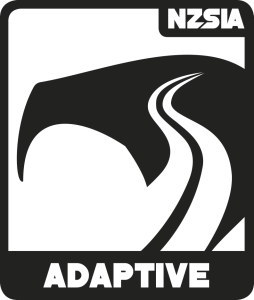Search Adaptive Manual
Each person is unique, and each disability affects each person differently. The information in this section is a very simple overview of some common disabilities. It is aimed to provide a starting point for more research. Use the assessment tools to learn as much as you can about the individual. The person with the disability and/or their caregiver will understand their abilities better than anyone else.
Diabetes
A condition that occurs when the pancreas does not make enough insulin to keep blood glucose (sugar) levels in the normal range, or when the insulin it produces is not effective. Insulin allows glucose in the blood to be transferred into the cells to be used for energy.
Also known as juvenile or juvenile-onset, this is where the body does not make enough or any insulin.
This is characterised more by the body’s resistance to the insulin produced, insufficient insulin, or insulin that doesn’t work properly. Risk factors for Type 2 are age, obesity, physical inactivity, some medicines, pregnancy (gestational diabetes), or any illness that damages the pancreas.
High blood sugar levels usually develop over a longer period of time due to low insulin levels in the body. If someone with diabetes thinks their blood sugar is high, they should seek medical advice. Low blood sugar levels can cause a low blood sugar reaction known as hypoglycemia, and is caused by taking too much insulin, missing a meal, exercising too much, or drinking too much alcohol. Low blood sugar can cause shakiness, confusion, fatigue, hunger and may result in sweating or a headache. If it drops too low, it may result in unconsciousness or seizure. Treat low blood sugar quickly by giving sugar in the form of high sugar drinks, milk, orange juice, or hard sweets, followed by a small snack.
Teaching Considerations
- Carry sugar sweets and check in with the student in cold weather to prevent excess cold in the extremities due to poor circulation.
- Seek assistance in emergencies if the student requires insulin.
Common Red Flags
- Fatigue
- Cold susceptibility
- Visual impairment

